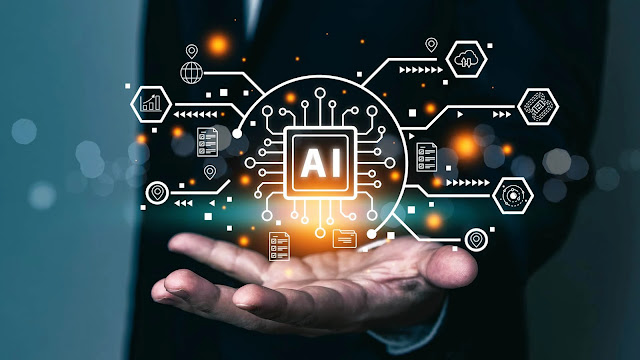What AI Means for Humanity
The Dawn of a Digital Species: What AI Means for Humanity
In 2010, discussing Artificial General Intelligence (AGI) seemed like an exercise in science fiction. It was a subject that sparked skepticism even among technologists. Fast forward to today, AI has achieved feats once thought impossible—beating humans in complex games, analyzing medical data, and creating art.
This transformative journey raises profound questions. Is AI merely a tool, or does it signify something deeper? As Mustafa Suleyman, co-founder of Inflection AI, suggests, the emergence of AI might best be understood as the birth of a new species: a digital species.
The Evolution of AI
Since the first computers, humanity’s trajectory has been interwoven with technology. Over the past eight decades, computational capabilities have grown exponentially, enabling breakthroughs in science, communication, and creativity. With Large Language Models (LLMs) consuming billions of words and computing power accelerating by orders of magnitude, AI has evolved into something far beyond simple software. It communicates, creates, reasons, and learns.
Suleyman posits that these capabilities position AI as more than just tools but companions in human endeavor. From assisting with education to driving scientific discovery, AI’s potential to amplify humanity’s progress is immense.
The Promise and the Peril
As AI integrates into our lives, the questions about its potential impact grow more pressing. Will it help solve climate change? Democratize education? Or will it exacerbate inequalities and introduce new risks? Suleyman identifies two specific areas requiring scrutiny:
Autonomy: Allowing AI systems to operate independently introduces risks that society must closely manage.
Recursive Self-Improvement: Enabling AI to update and improve its own code could lead to systems evolving beyond human control.
These challenges underscore the need for proactive governance and ethical design.
AI: A Reflection of Humanity
A poignant moment in Suleyman’s narrative comes from his nephew Caspian, who asked, “What is AI?” Suleyman’s reflection led him to realize that AI’s essence lies in its relationship with humanity. It mirrors our creativity, curiosity, and empathy—qualities that should guide its development.
Toward a Collaborative Future
The notion of AI as a digital species invites us to rethink our role in shaping its future. Unlike previous technologies, AI represents a collaborator—a partner capable of amplifying human potential. To ensure it serves humanity’s best interests, we must:
Prioritize safety and ethical design.
Foster inclusive discussions about its societal impact.
Embrace its potential to reflect and enhance the best of humanity.
AI is not a distant concept; it is us. It embodies our aspirations and challenges us to shape a future that reflects our highest ideals. As Suleyman concludes, this is the defining challenge and opportunity of the 21st century.





